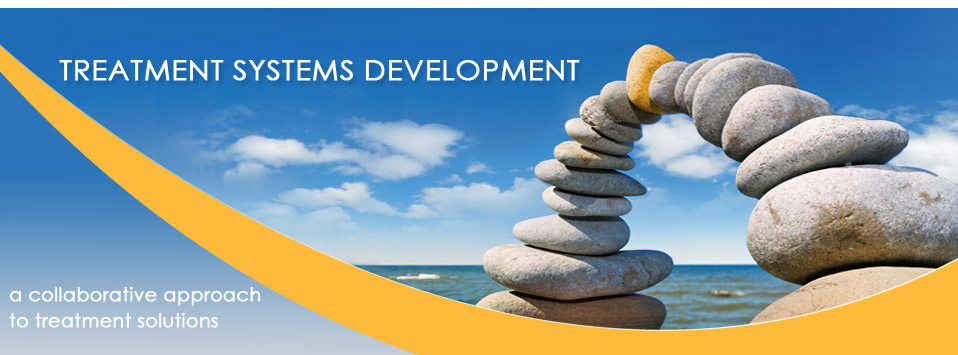Main Services
Recent Survey
Blog
Stakeholder Relations
Shifting resources can improve customer loyalty
As private providers face consumer economic uncertainty and public providers face funding challenges, your company's future depends on building reciprocal relationships with decision makers. Reciprocal referent relations are your best investment in community partnerships that generate repeat referrals.

|
A recent Wall Street Journal article, "Customer service as a growth engine," tackles the issue of the effect of customer service on a company's bottom line. Companies are investing in resources in an effort to increase sales, gain market share and improve customer loyalty. But what does it mean for the behavioral health care market? |
In retail and service industries the end user is often the object for customer relations improvement. In behavioral health care and addiction treatment the object of our customer improvement are referents that direct clients to our intake department.
In the private sector, referents become our third party endorsement when we deliver the outcomes stakeholders want. Generating progress for beneficiaries of treatment requires therapeutic pressure, a process which doesn't always result in an agreeable encounter.
In the public sector, compliance with funding architecture and developing new funding sources allows facilities to explore and incorporate treatment strategies that generate referrals and inspire retention, engagement, and compliance with treatment protocol.
Fostering a therapeutic alliance between stakeholders and your treatment team increases customer satisfaction when treatment beneficiaries are uncomfortable "in process" and trying to leverage a withdrawal. Do your operational systems provide stakeholders a customer experience that inspires repeat referrals?
Your customer service efforts need to include the development and standardization of operational systems that cultivate productive stakeholder relations, keep your facility top-of-mind as a "tier one" referral, and help insure repeat referrals. Identifying your stakeholders needs and developing a superior customer service response means making them number one - a win / win strategy for both you institutionally and the treatment beneficiary.
Download our Customer Service Assessment to help investigate your institutional response to stakeholder relations. When finished, email it back to us and we'll schedule a time to discuss ways you can cultivate relationships that generate repeat referrals.
vivitrol wins FDA approval

|
I was always a big fan of - and have seen good outcomes with - using Naltrexone implants for opioid addicts in early recovery. While it has been subjected to broad clinical trials and used by private clinics here and abroad, it has not been approved by the FDA. Due to some of the publicized concerns associated with its use it hasn’t been widely accepted and finding physicians with experience administering implants has been more difficult in the U.S. than those willing to prescribe opioid maintenance. Some of the complaints have included a secondary sensitivity of opioid receptors that has led to overdoses once treatment has been terminated. While concerns are not affected by the method of administration, the newly approved IM Vivitrol injection approved by the FDA may standardize its application and treatment precautions giving providers additional treatment options. Read Full Story |
San Francisco considering government-subsidized “wet houses”
Government subsidized housing for “Wet Houses” in Seattle and San Francisco? Okay… well! This approach brings to mind Victor Frankl’s succinct quote of Goethe’s assertion. "If we take man as he is, we make him worse; but if we take man as he should be, we make him capable of becoming what he can be!"

|
I understand and recognize the role of harm reduction in the continuum of treatment. Is it possible that this response is justified under a public health care policy based on harm reduction? I suppose it corresponds with a bias toward medical maintenance of addiction that began with methadone, and has enjoyed the current resurgence of opioid maintenance with the newest generation of pharmaceuticals. I just can’t get behind my tax dollars funding an approach when our public health care institutions are chronically underfunded. I’d prefer a political / social response that provides systematic treatment options to engage people in their own betterment. That’s just me! |
